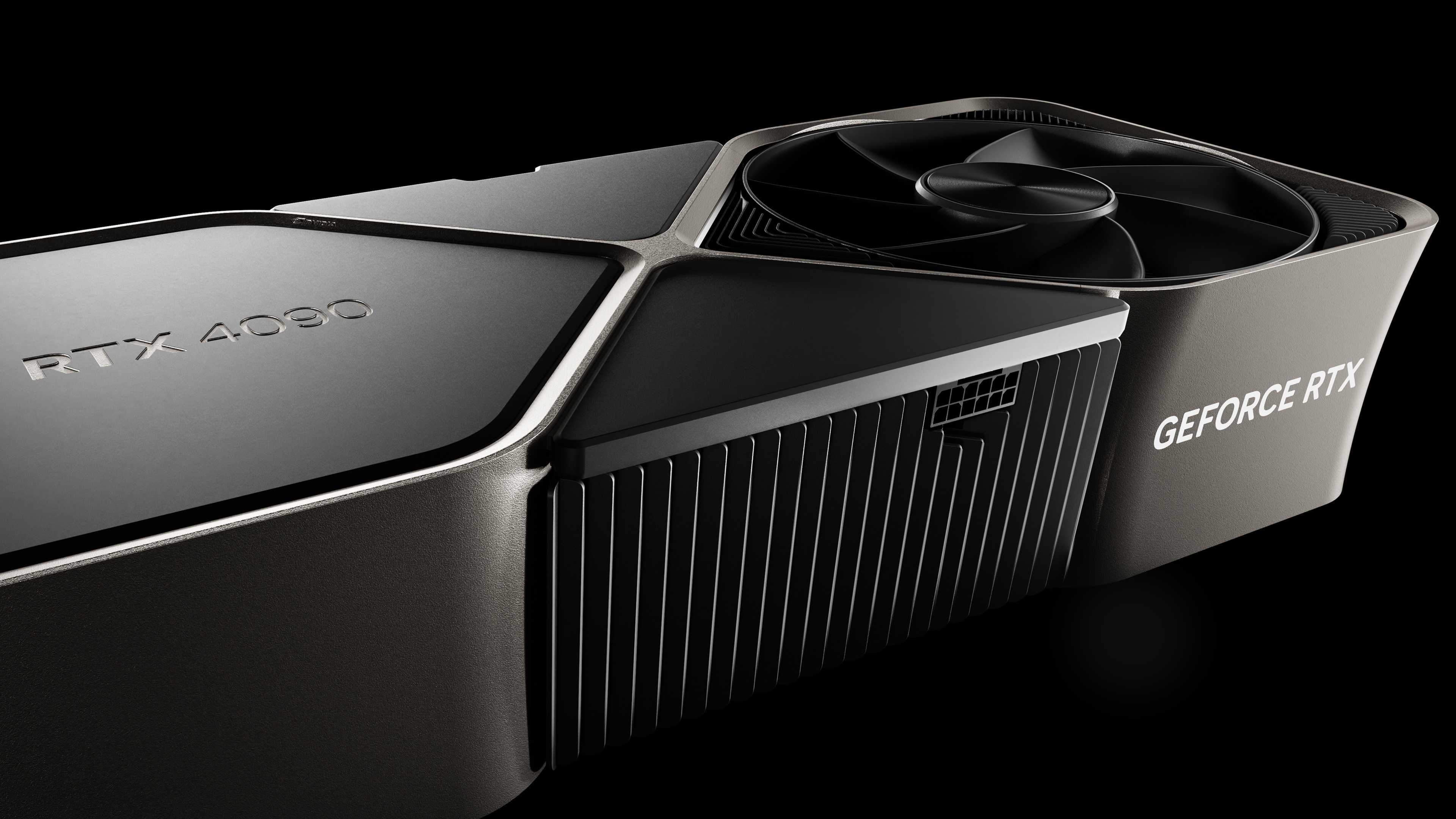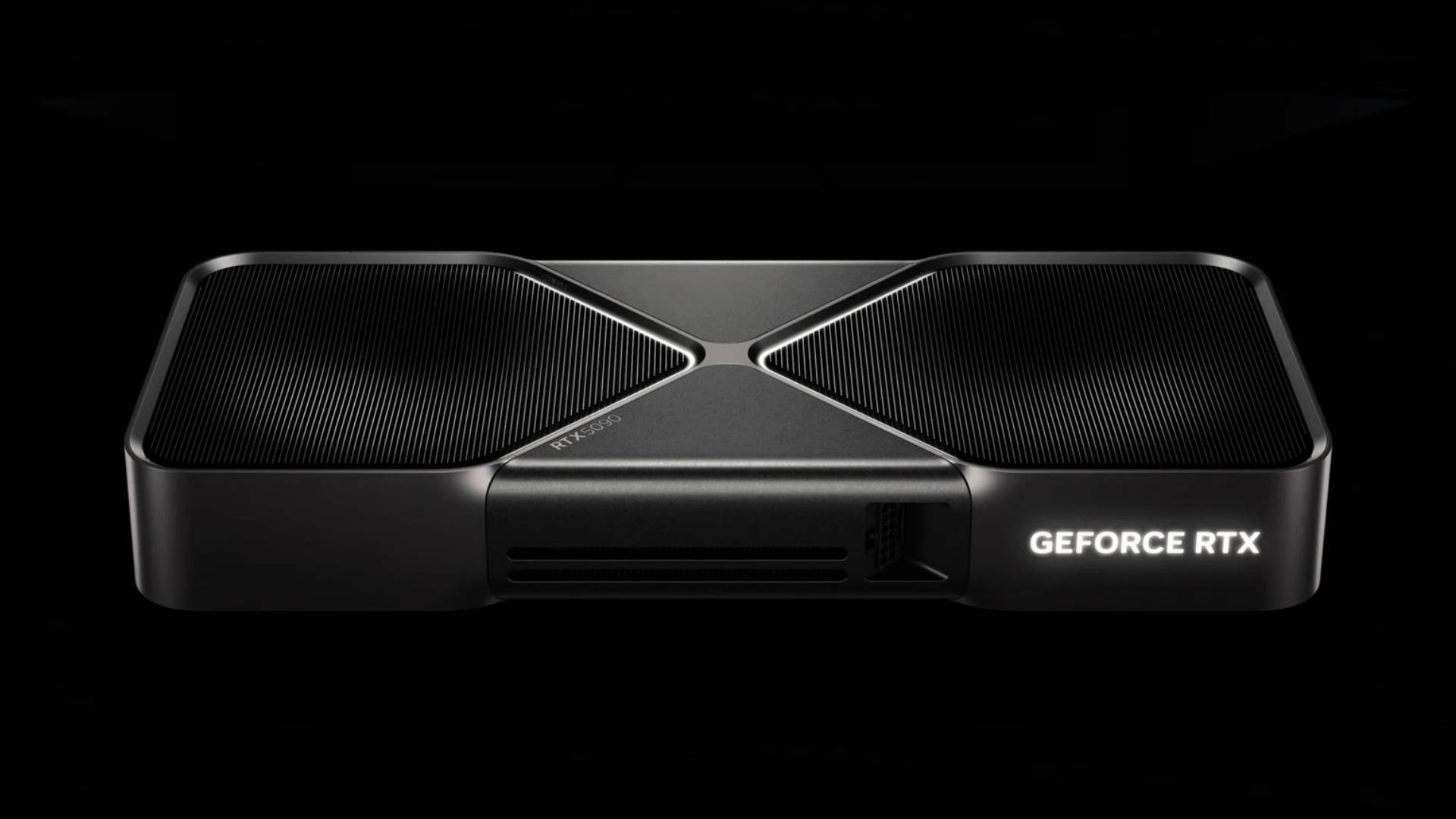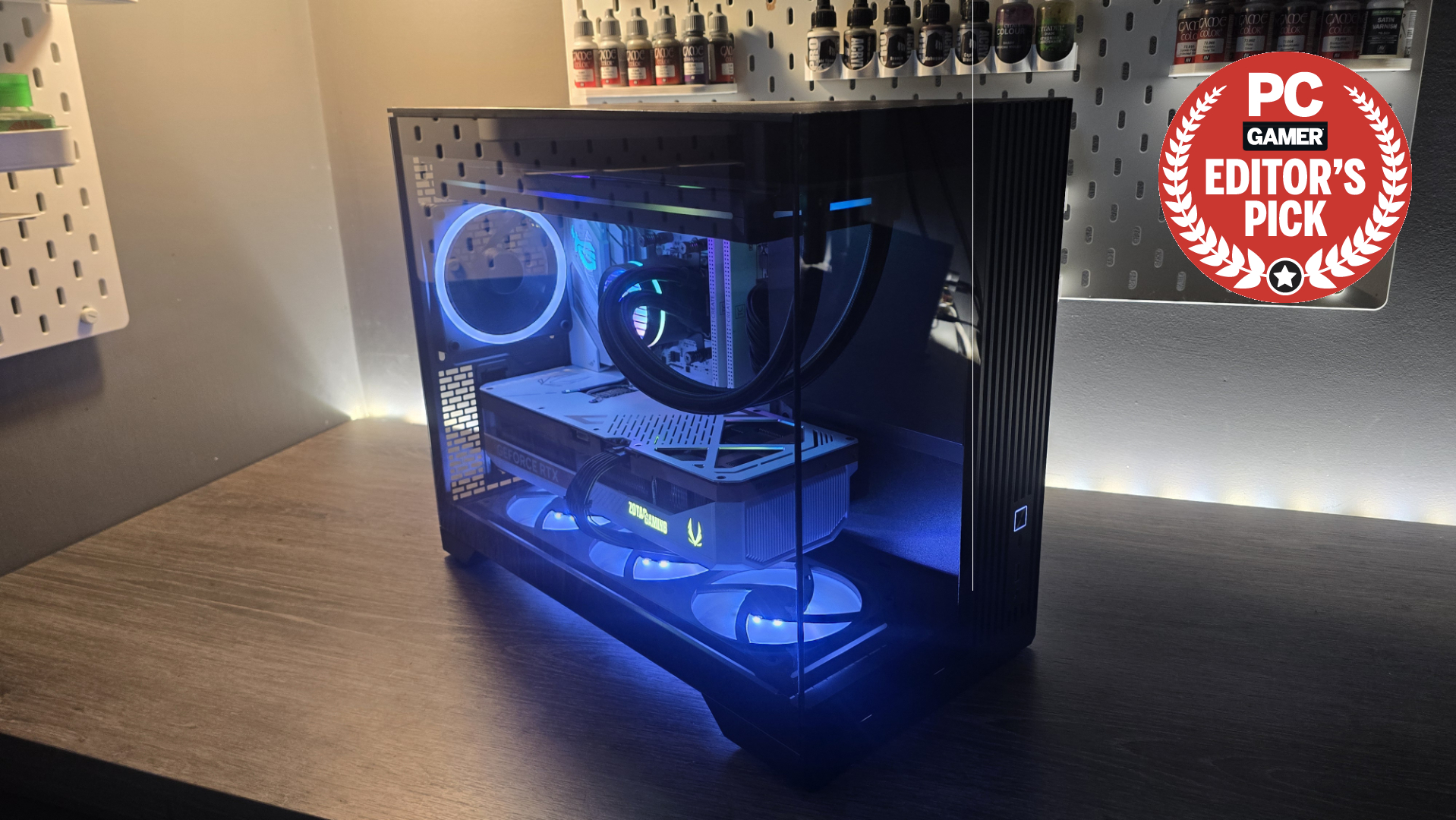An ode to the RTX 4090 and why high-end GPUs can sometimes be the best value
The new RTX 5090 doesn't look quite as compelling.

Keep up to date with the most important stories and the best deals, as picked by the PC Gamer team.
You are now subscribed
Your newsletter sign-up was successful
Want to add more newsletters?
Nvidia's very highest-end GPUs are actually the best value. There, I said it and now everyone can shoot me down, call me a shill and then dance on my hastily dug grave. But before you ramrod your muskets and cock your flintlocks, allow me to elaborate. This is not clickbait, but a genuine point of view.
Nvidia, as we all surely know, has launched its new RTX 50 family of graphics cards. And duly the RTX 5090 is an absolute monster, all $2,000 of it. Meanwhile, the rest of the RTX range actually came in cheaper than expected. Surely that makes the '90 series card more irrelevant than ever?
Up to a point, absolutely. How many of us can afford $2,000 on a GPU? It's an incredible amount of money to spend on a hobby, even one so very dear to our hearts. Really, forget about the 5090, barely anyone is going to buy one in the broad scheme.
But hang on. Let's say you'd bought an RTX 4090 at launch just over two years ago. Just to fluff up my argument a bit I'm going to assume you managed to bag one at the $1,600 MSRP. Some people actually did, albeit plenty more had to pay over the odds.
Well, here you are over two years later and Nvidia has just launched its new RTX 50 graphics boards. If you ignore the marketing fluff, the new RTX 5090 looks to be about 30% quicker than your RTX 4090. And the new RTX 5080 is at best comparable to your RTX 4090.
I grant, the new Blackwell architecture may give the new 5080 a bit of an edge in ray-traced games thanks to improvements to the RT cores. But I very much doubt it will be enough that you'd actually be able to feel the difference in games.
What's more, the RTX 40-series is compatible with the really important bit of the new DLSS 4 suite of features, namely the new transformer-based upscaling. Yes, the 3x frame gen feature has grabbed a lot of headlines. But its benefits are much more ambiguous.
Keep up to date with the most important stories and the best deals, as picked by the PC Gamer team.
The problem with frame gen is that it doesn't really work when you most need it. More specifically, it does nothing to help with latency, it actually worsens latency, albeit by an impressively small amount.
But the point is that massively adding to the frame rate when, say, your base performance before frame gen is something terrible like 15 fps won't stop the game from feeling laggy as heck.
Everyone will have a view on what is an acceptable minimum frame rate regarding latency. If we're talking high-end GPUs, I'd say at least 60 fps. If you then add frame gen onto that, you're looking at 100 fps-plus.
Adding further frame-gen frame to that 100 fps-plus figure will make things a little smoother. But it's a marginal gain, not a total, well, game changer. Anyway, with an RTX 4090 in my rig, the bottom line is that I'd still need at RTX 5090 to get a really substantial, worthwhile upgrade.
And here's the kicker. That's likely to be true for the whole life cycle of the new RTX 50 family. Which, again very likely, means another two years. In other words, if you bought an RTX 4090 at launch, you've got four years with either absolutely the fastest thing out there or the second fastest and still a very, very performant card.
So, that's $1,600 for four years of bleeding-edge gaming, or $400 bucks a year. The new RTX 5090 is $2,000, so that will be $500 a year. That's what I think is good value.

As an alternative, let's say you bought an RTX 4070 at launch. That's $600. Two years later, you're much more likely to feel a bit left behind. The 4070 was only a little bit better than the 3070 and it's probably beginning to struggle a bit on some the your favourite new titles.
So, the odds you might feel the need to upgrade that '70 series card each gen are much higher. But then that'll be $600 for the 4070 and $550 for a new 5070 to replace it. That's $1,150 instead of the $1,600 you might have spent on a 4090. But don't kid yourself, you're not getting anywhere near the same experience.
And definitely don't go thinking that new 5070 you just bought is going to give as good an experience as a 4090. It might crank out some big numbers with that new 3x frame gen tech. But that won't help with latency in games where it's beginning to struggle, including games where its 12 GB of VRAM isn't enough and it's stuttering or dumping textures. A 24 GB 4090 will absolutely hose a 4070 in that scenario.

Best CPU for gaming: The top chips from Intel and AMD.
Best gaming motherboard: The right boards.
Best graphics card: Your perfect pixel-pusher awaits.
Best SSD for gaming: Get into the game ahead of the rest.
Of course, the problem with this argument is the huge upfront cost. I wasn't terribly comfortable with $1,600 up front, and I'm even less so with $2,000. I also admit that this argument may not work as well with the RTX 5090 more broadly compared with the 4090.
The 5090 is still on TSMC N4 silicon and it's clearly not as big an advance on the 4090 as that GPU was on the 3090. So, maybe the (presumably) next-gen RTX 6090 will fit this narrative better. After all, it's very likely to move to at least TSMC N3 silicon and could be quite the step forward. Actually, all that only adds weight to the idea that the 4090 was a great buy at launch.
Anyway, I fully realise this isn't a perfect argument. The upfront costs are high enough to rule many of us out from the get go. I do understand that. But if you could afford a 4090 at launch and you got one at MSRP, I maintain you got the best value GPU of the last generation by far and one that will serve you very well for another couple of years, yet.

Jeremy has been writing about technology and PCs since the 90nm Netburst era (Google it!) and enjoys nothing more than a serious dissertation on the finer points of monitor input lag and overshoot followed by a forensic examination of advanced lithography. Or maybe he just likes machines that go “ping!” He also has a thing for tennis and cars.

